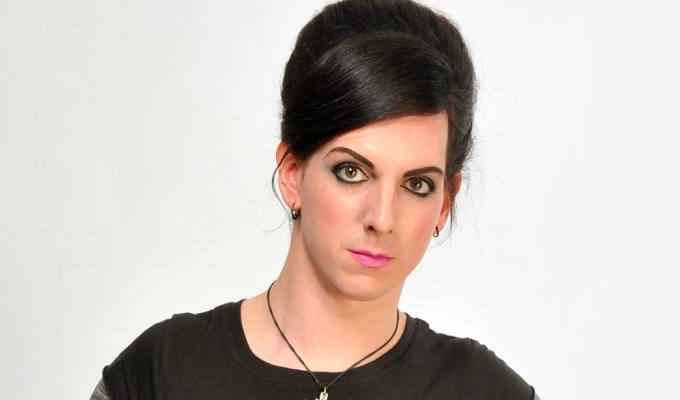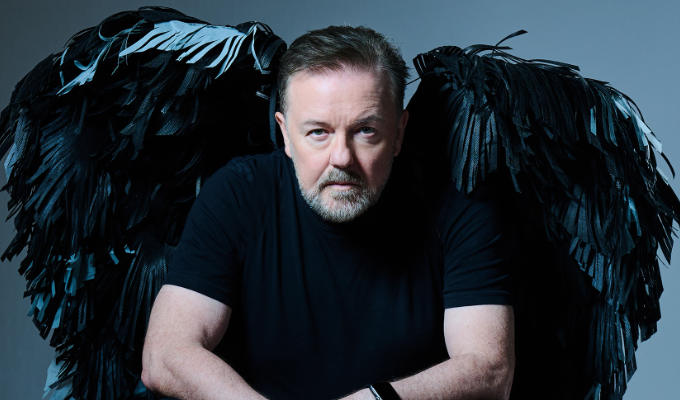
Rosie Jones: Backward
Note: This review is from 2019
Edinburgh Fringe review by Steve Bennett
Rosie Jones describes herself as a triple threat: ‘I’m disabled, I’m gay, and I’m a prick.’ And all three aspects get an airing in her second full-length show, Backwards, although it’s probably the third that most defines her.
She has a penchant for dark jokes, sexual assertiveness bordering on aggression and being blunt to people she meets – all of which is treated as a game, playing the cerebral palsy card to get away with all manner of misbehaviour.
Her face beams with joy when she says a dirty line or thinks she might get laid, an occurrence that’s becoming increasingly likely as her steadily-growing fame means she now feels sexualised for the first time. She’s also making it on to lists of the most powerful lesbians in the UK, which she doesn’t understand, and being lauded for being an ‘inspiration’, which she hates.
Quickly winning the room over, she’s playful and cheeky as she leads us through all this, often tricking the room into laughing at things that are not OK. She has plenty of punchlines that sneak up on you, as her slow speech requires her to be a mistress of misdirection – otherwise, the audience would get the punchlines in their heads before she can utter them.
However, the show takes a significant lull in the middle as her lasciviousness becomes one-note, labouring a weak metaphor about brief liaisons being ‘snacks’ compared to the ‘meals’ of full-on relationships and dwelling on a tale of her months-long flirtation with a married woman for too long with too little reward.
But she brings everyone back on board with a hard-hitting final section involving an encounter with a crass bigot of the type you’d hope was extinct, which allows her to play with the tension the offensive language causes in the room.
Here Jones is in her favourite place, in control and making people feeling uncomfortable, just before puncturing the mood with a joke. Though in a well-judged moment of pathos, she also reveals that she doesn’t always feel that way off stage, before neatly wrapping up the themes and running stories that bind the hour together. It’s a satisfying end to an hour that’s often very amusing but still needs tightening up.
Review date: 4 Aug 2019
Reviewed by: Steve Bennett
Reviewed at:
Pleasance Courtyard








